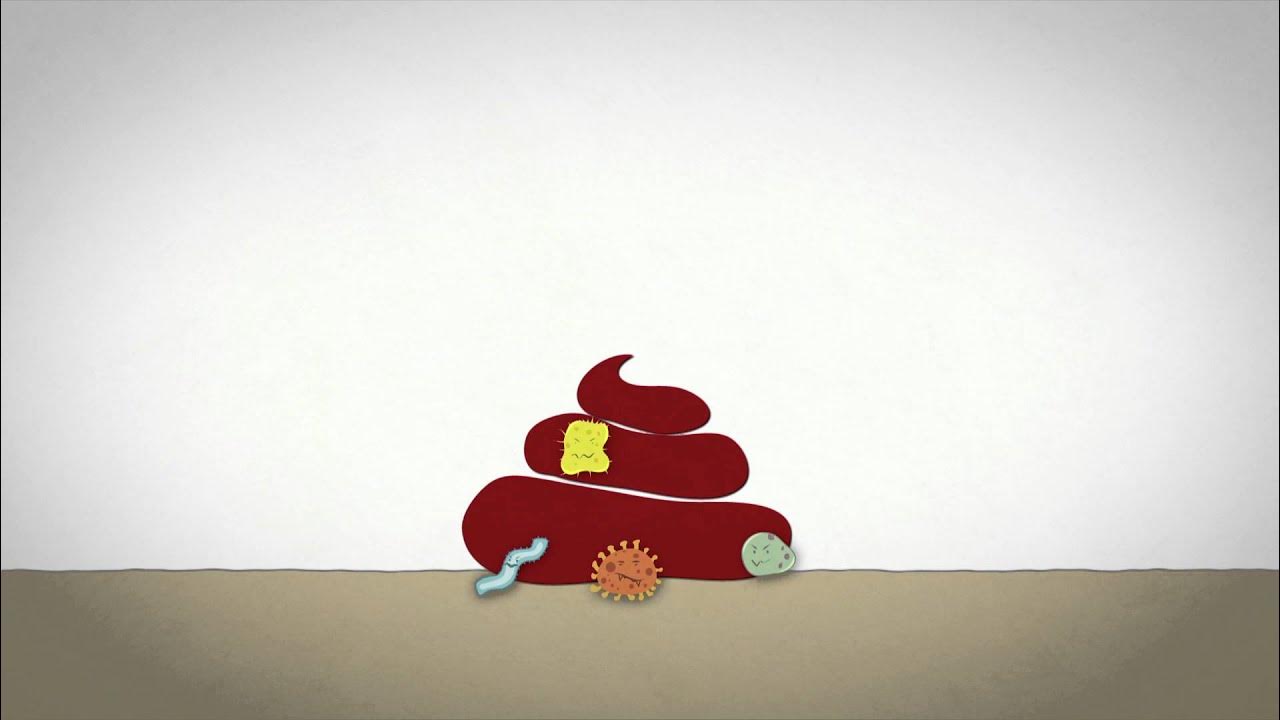Sanitation & Reinventing the Toilet and China
Summary
TLDRThis speech highlights the urgent need for innovative sanitation solutions to address the global sanitation crisis, where over half the world’s population lacks access to safe toilets. It introduces the 'reinvented toilet,' which processes waste at the point of use, reducing the need for traditional sewage systems. With a focus on China’s leadership and the role of public-private partnerships, the speech emphasizes the potential for technological advances to improve public health, reduce malnutrition, and create a multi-billion dollar market by 2030. The goal is to scale these off-grid sanitation solutions worldwide, revolutionizing how waste is managed.
Takeaways
- 😀 Over half of the world's population lacks access to safe, high-quality sanitation, leading to significant health, economic, and social challenges.
- 😀 Unsafe sanitation is directly linked to disease, malnutrition, and economic loss, with over 500,000 deaths annually from preventable diseases like diarrhea and cholera.
- 😀 China’s 'toilet revolution' has made significant strides in improving sanitation, underscoring the country's commitment to solving global sanitation issues.
- 😀 The 'reinvented toilet' is a key technological innovation designed to process waste on-site without the need for traditional sewage infrastructure, making it ideal for fast-growing urban areas.
- 😀 The Omni processor is a groundbreaking technology that turns human waste into clean water, electricity, and fertilizer, all while killing pathogens.
- 😀 There is a market opportunity worth over $6 billion annually by 2030 for off-grid sanitation solutions, which could double with the addition of the Omni processor and related products.
- 😀 The Bill & Melinda Gates Foundation has invested $200 million into early-stage research, fostering innovation in sanitation technologies and partnering with universities and engineers worldwide.
- 😀 By creating self-sustaining, off-grid sanitation solutions, these innovations aim to break the dependency on centralized systems, similar to how personal computers revolutionized computing in the past.
- 😀 Partnerships with governments, private companies, and international organizations are crucial for scaling up these sanitation solutions, with the potential to reach millions in developing regions.
- 😀 The ultimate goal is to create a profitable, self-sustaining sanitation market driven by competition, rather than relying on philanthropic funding, ensuring long-term global impact.
Q & A
What is the main focus of the speech?
-The speech focuses on addressing the global sanitation crisis, highlighting the importance of developing innovative off-grid sanitation solutions, such as the reinvented toilet and the Omni Processor, to improve health, reduce disease, and enhance economic productivity worldwide.
Why is sanitation considered a critical issue?
-Sanitation is critical because poor sanitation leads to widespread health issues, including the spread of diseases like diarrhea, cholera, and typhoid, as well as contributing to malnutrition, death, and a significant economic burden from lost productivity.
How does urbanization affect the sanitation crisis?
-Rapid urbanization, especially in Africa and Asia, exacerbates the sanitation crisis because many fast-growing urban areas lack the infrastructure necessary to manage human waste safely. This leads to an increased exposure to disease-causing pathogens.
What are the 'reinvented toilet' and the 'Omni Processor'?
-The reinvented toilet is a new, off-grid sanitation technology that processes human waste at the source, eliminating pathogens and odors while converting waste into useful products like clean water, electricity, and fertilizer. The Omni Processor is a system that processes waste from pit latrines and turns it into valuable byproducts in an efficient and self-powered way.
How does the reinvented toilet differ from traditional sanitation systems?
-Unlike traditional sanitation systems that rely on costly infrastructure like sewers and treatment plants, the reinvented toilet processes waste on-site, making it more cost-effective and suitable for areas without access to centralized sewage systems.
What are the potential benefits of the reinvented toilet and Omni Processor?
-These technologies offer multiple benefits, including improved public health by reducing exposure to harmful pathogens, the creation of clean water and fertilizer, and the potential for self-sustaining systems that do not require external sewage infrastructure.
Why is the role of the private sector crucial in scaling these sanitation technologies?
-The private sector is crucial because it can drive innovation, investment, and scaling of these technologies. By commercializing sanitation solutions, companies can help reduce costs, increase access, and create sustainable business models that allow these technologies to reach a global market.
How have governments and international organizations supported the sanitation initiative?
-Governments and international organizations, such as the World Bank and the Asian Development Bank, have played a key role by funding sanitation initiatives, developing policies, and encouraging the adoption of innovative off-grid sanitation technologies to address the global sanitation challenge.
What is the estimated market opportunity for sanitation technologies by 2030?
-The estimated market opportunity for off-grid sanitation technologies, including the Omni Processor, is over $6 billion per year by 2030, with the potential for this to double with the widespread adoption of these innovations.
What challenges remain in achieving universal sanitation access?
-While significant progress has been made, challenges remain in scaling up these technologies, reducing costs, and ensuring widespread adoption. Infrastructure, financing, and public policy are key barriers that must be addressed to achieve universal sanitation access.
Outlines

此内容仅限付费用户访问。 请升级后访问。
立即升级Mindmap

此内容仅限付费用户访问。 请升级后访问。
立即升级Keywords

此内容仅限付费用户访问。 请升级后访问。
立即升级Highlights

此内容仅限付费用户访问。 请升级后访问。
立即升级Transcripts

此内容仅限付费用户访问。 请升级后访问。
立即升级浏览更多相关视频

Global water crisis looming, UN says - BBC News

Lack of water, sanitation and hygiene (WASH) and its effects on nutrition

Citywide Inclusive Sanitation Part 3: Accountability Mechanisms and Institutional Arrangements

The surprising truth of open defecation in India | Sangita Vyas | TEDxWalledCity

A brief history of toilets - Francis de los Reyes

Citywide Inclusive Sanitation Part 2: Long-Term Financing of Water Supply and Sanitation Projects
5.0 / 5 (0 votes)
